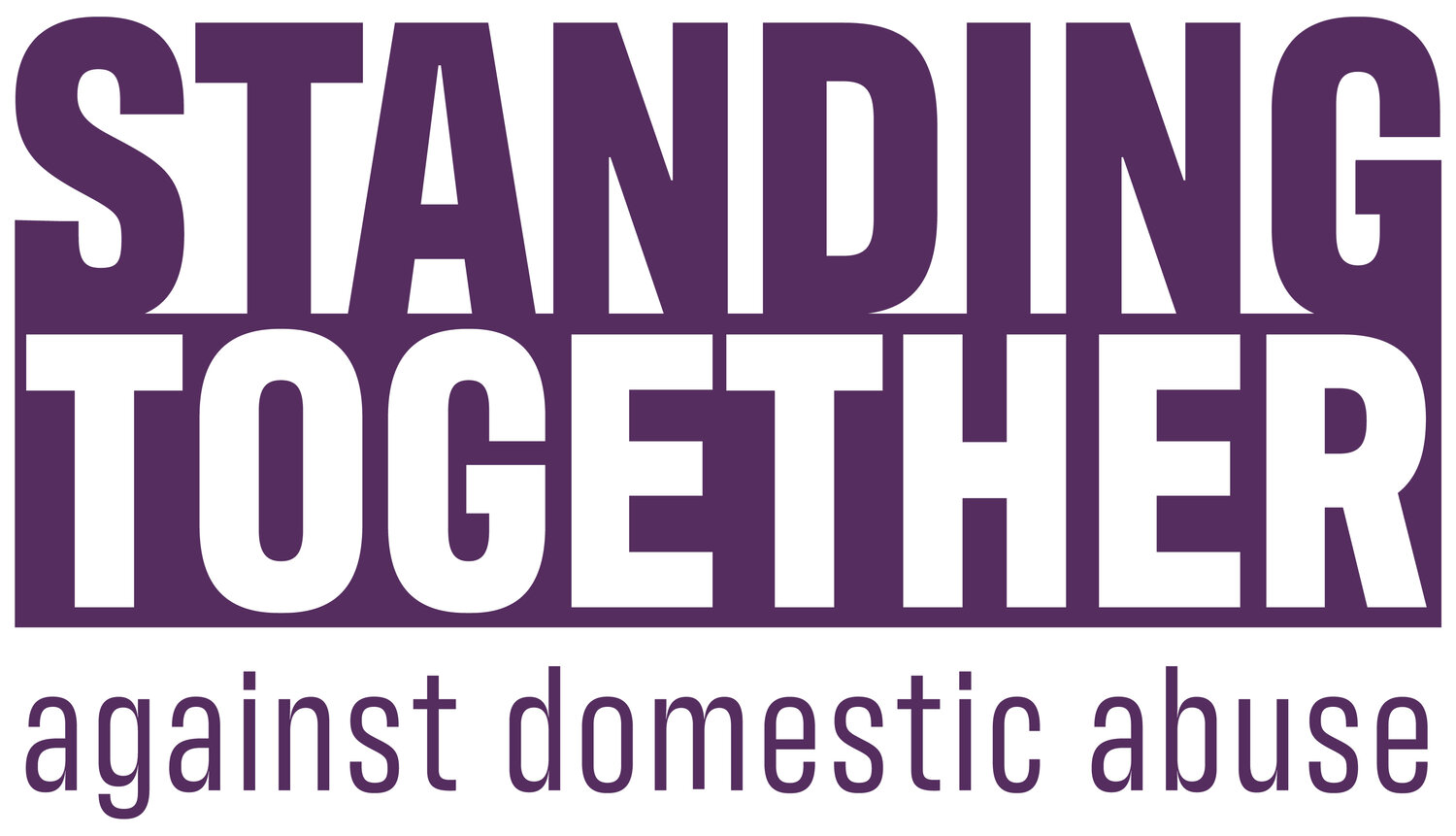
Multiple Disadvantage
&
Homelessness Programme Launch!
Fifteen years ago an independent domestic violence advisor (IDVA) and friends who worked in the homelessness sector sat around a pub table discussing why the IDVA never saw any referrals for women who were homeless and had ‘complex needs’ despite anecdotally knowing that this group of women were pretty much universally at high risk of domestic abuse. A few years later, the IDVA, now a Housing First worker, was sat by the bedside of a woman whose life support machine was about to be turned off. The woman’s name was Debbie. She was a survivor in every possible sense of the word until one day she wasn’t. Debbie wasn’t murdered by her partner, but every perpetrator that abused her (and there were many) from the age of 5 to the age of 44 bears responsibility for her death.
The Multiple Disadvantage and Homelessness Programme (formerly the Housing First and Homelessness Project) at Standing Together Against Domestic Abuse (STADA) has been shaped by Debbie, and so many other women facing similar hardship, the professionals that support them, and the systems and structures that govern the course of their lives. Since its inception in 2017, the programme hasn’t stopped asking questions about how training courses, service models, accreditations, and institutions need to change, and how agencies can work better together, to meet the needs of survivors and women experiencing homelessness and other forms of multiple disadvantage. We understand multiple disadvantages as co-occurring experiences of homelessness, substance misuse, interpersonal violence and abuse and poor mental health (Gender Matters) and recognise it as a systemic, rather than an individual issue.
Our funded projects are united by a common purpose:
We work to educate providers about the needs of survivors of abuse and other forms of VAWG who experience homelessness and severe and multiple disadvantages.
We work to highlight the structural barriers this group faces in accessing services and support and build a coordinated community response to domestic abuse and VAWG.
We work to change the systems that create and reinforce multiple disadvantages in the lives of survivors of domestic abuse and VAWG by supporting organisations to pilot and embed new approaches and by engaging with policy and commissioning at both the local and national levels.
In 2018 we supported Westminster Council to develop a Housing First service for ten women experiencing any form of violence against women and girls (VAWG). In 2024 the award-winning service now supports 50 women, and properties are provided by 8 trailblazing housing partners; Peabody, Southern, L&Q, Women’s Pioneer, Octavia, Guinness, Sanctuary and Salvation Army Housing Association. We continue to coordinate the housing element of the project, working alongside support provider Solace, as well as evidencing impact year on year.
In 2022 we began work on adapting the Domestic Abuse Housing Alliance (DAHA) accreditation for homelessness and supported accommodation providers. In 2024 the DAHA homelessness and supported accommodation project has developed a new accreditation framework which will be used to accredit the first homelessness provider this year, and new members are signing up for accreditation in 2025. You can find out more about DAHA and the homelessness accreditation here.
Since its inception in 2017, the programme has also worked closely with Westminster Council and has been leading on the VAWG and multiple disadvantage workstream of its Changing Futures project since 2021. Past partnerships with St Mungos and SHP have seen us work together to upskill homelessness professionals around supporting women impacted by VAWG and multiple disadvantages and hold perpetrators experiencing multiple disadvantages to account.
The multiple disadvantage and homelessness project at STADA works to change the attitude and response of the professionals that dismiss women like Debbie as ‘too complex’, who saw her substance misuse issues but not the domestic abuse she was experiencing, who recorded her behaviour as challenging and aggressive but didn’t see the trauma from years on years of poverty, neglect and abuse of all kinds. We work to link specialist women’s services in with housing and homelessness services, homelessness services in with the criminal justice system, with health, with social care, to build and embed the coordinated community response that is a key tool in effectively supporting women and survivors experiencing multiple disadvantage, who are so unrealistically expected to access multiple services in a complex and messy system. We listen to the voices of the women who are impacted by our work, hearing about both the darkness and light in their lives. We move forward with hope for the future, putting a spotlight on those challenges and striving for change. Change where multiple disadvantage, is in focus.
